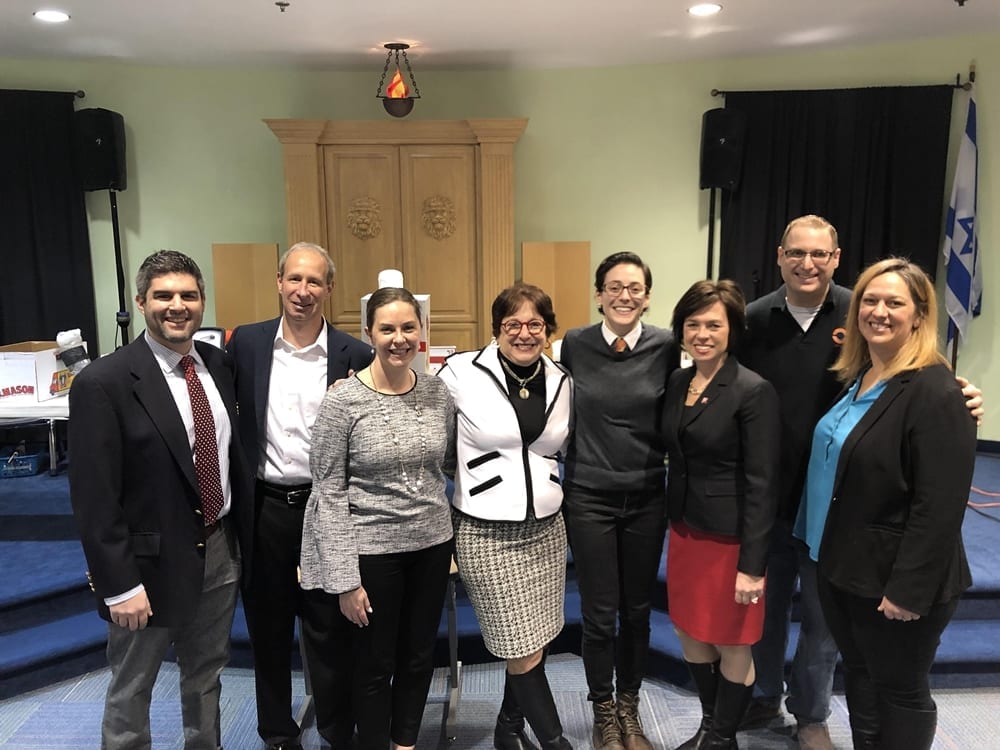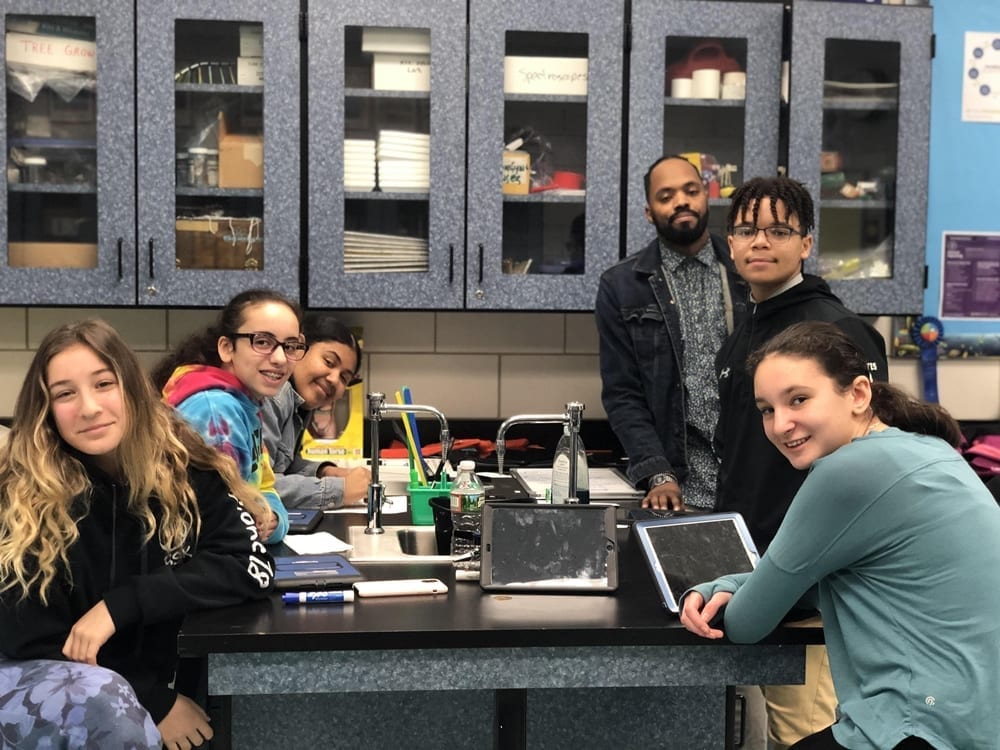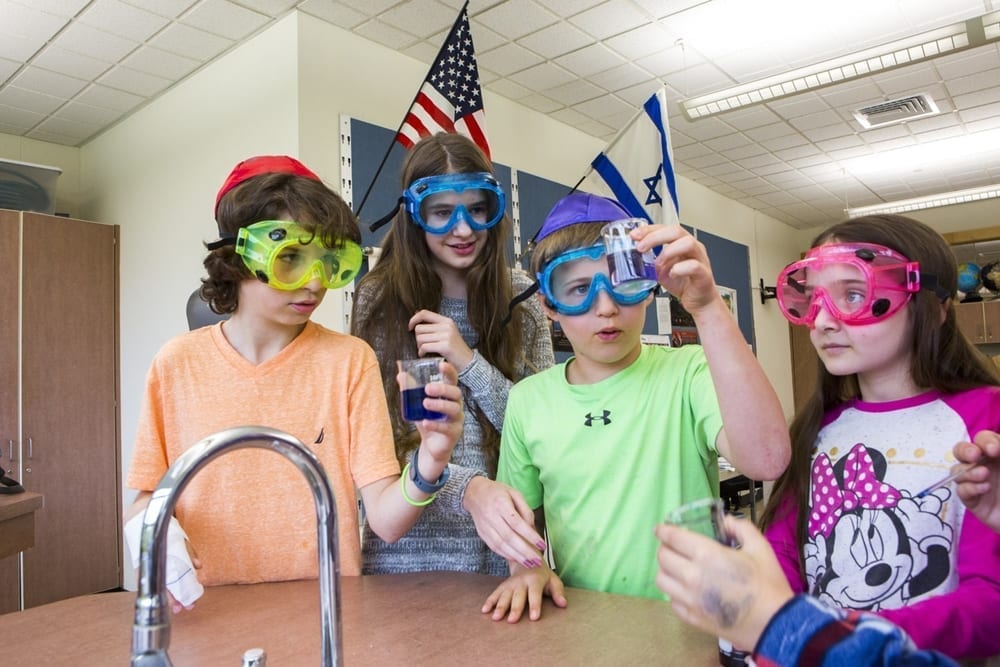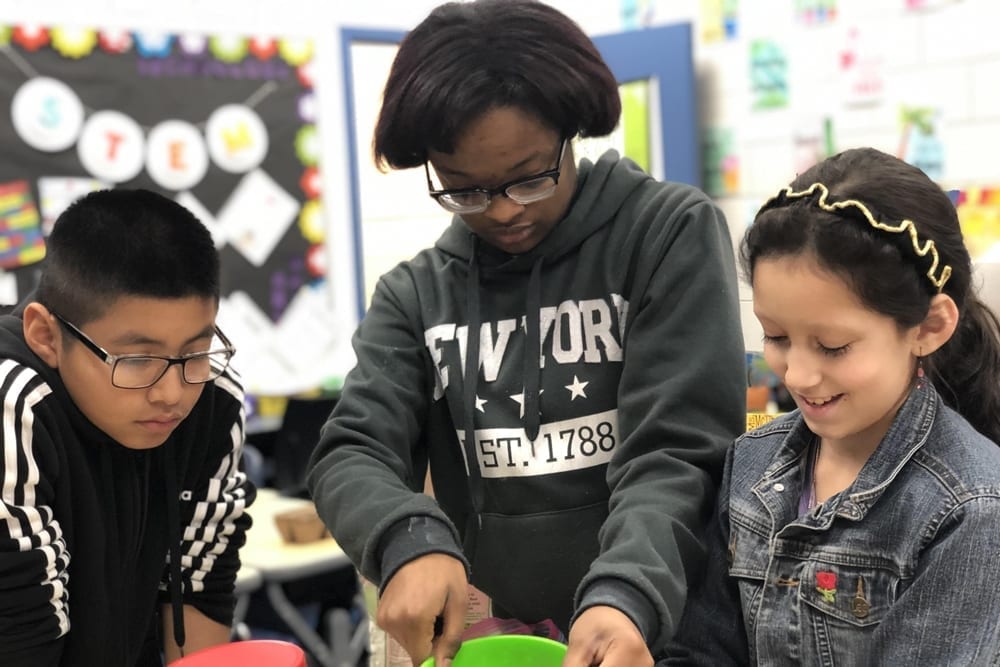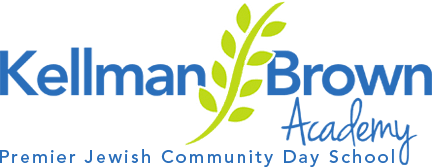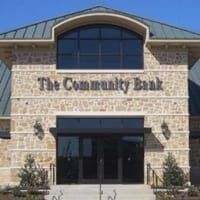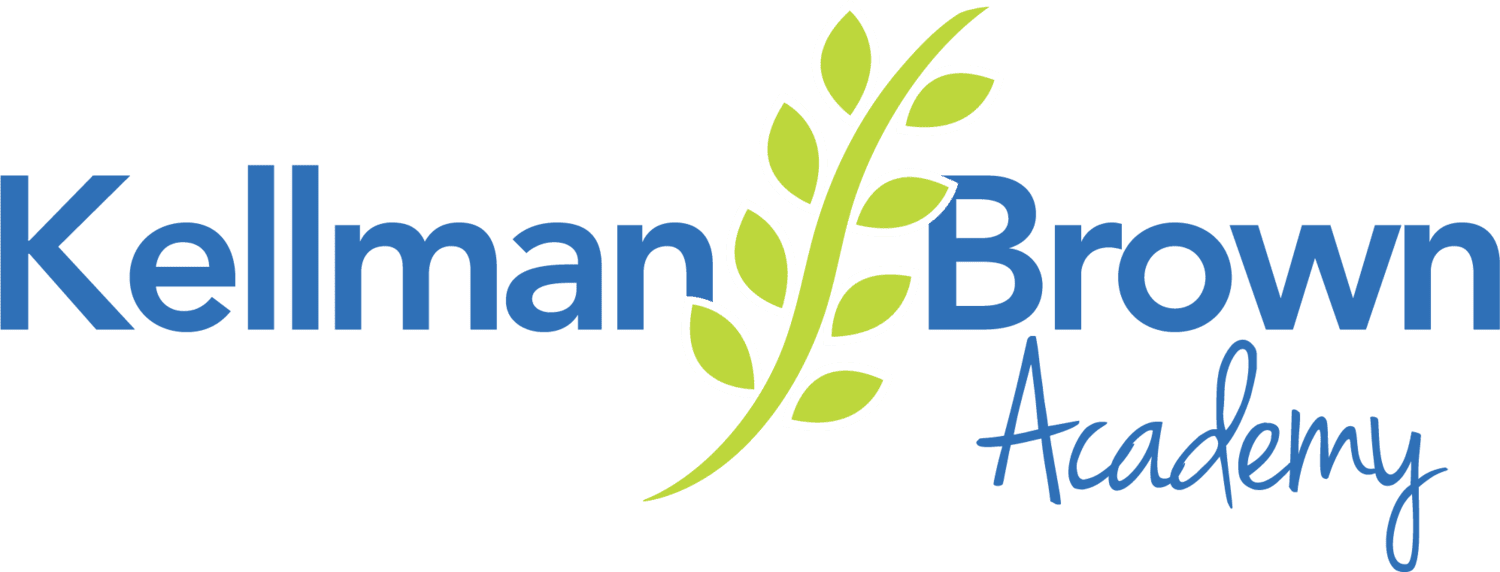
Breaking Down Barriers with JSTEM
An unlikely school partnership enriches the hearts and minds of our future innovators.
The students at Kellman Brown Academy, a K-8 Jewish Day School in Voorhess, New Jersey are immersing themselves into a brand new STEM (Science Technology Engineering & Mathematics) program they’re calling ‘JSTEM’ — STEM through the Jewish lens of service and reinvention.
Kellman Brown’s brand new JSTEM lab came to fruition with the leadership of Principal, Rachel Zivic who saw the need to both prepare her students for their future careers and share their new resources with other schools in the community.
“65% of the jobs our children are going to have, have not yet been invented,” said Zivic. ”But what we do know is that for our students to be experts in the careers of tomorrow, they have to be experts in STEM.”
The new JSTEM lab, funded after winning an investment from the local Jewish Federation’s ‘Shark Tank’ pitch event, and further supported by many of the community’s families, comes outfitted with a virtual reality center, state-of-the-art robotics equipment, and 3D printers for the students to integrate advanced technologies into their Jewish and secular learning.
“We opened our STEM lab as a community space for other schools in the region,” said Kellman Brown Science Teacher and STEM Coordinator, Sherri Quintero, “Our Jewish students are a homogenous group, and this gives them the opportunity to work together with and learn from children with different backgrounds. This access to diversity is something I wish I had more of when I was growing up.”
Among New Jersey schools demonstrating the best in STEM education, KIPP:NJ, an inner city public charter school in Camden has established a world-class STEM program since opening its doors 5 years ago with the guidance of Bryan Pawling, the school’s Science Department Chair, who grew up 20 minutes outside of Camden and started his teaching career as a Teach for America volunteer.
“Our students are going to be great STEM leaders, not only in Camden, but all around the world,” said Pawling. “They’re an urban homogenous group mostly from African American and Latino backgrounds, and when they go outside the city, off to college, and into the workplace, they need to understand how to work well with different people.”
KIPP:NJ now has STEM classes as a daily elective for 30 of their scholars, putting STEM on the same level in their school as art, science, music, and physical education. They just finished a program called ‘App Creators’ using MIT-invented block coding, and they’re now doing a program called ‘App Innovators and Makers’ which gives the students opportunities to experiment with Micro:bits and Makey Makeys to build wearables.
In March 2019, these two schools, joined also by Politz Hebrew Academy, teamed up for a ‘Hackathon’ in the new JSTEM community lab, where 25 students from each school worked together in groups of 5 to use their problem-solving skills and the technology at-hand to invent solutions that would improve the lives of people with visual impairments.
“The first time we did this, I was blown away by the KIPP students!” said Quintero, “They really understood the value of helping others and repairing the world, which is what we call ‘Tikun Olam’ — one of the core teachings in Judaism. It was amazing to see how the students bonded over this and shared their knowledge for a common goal. Afterwards, the two groups were inseparable, and they asked when they’d be able to see each other again!”
As presenting sponsors of the Hackathon, Jay Stillman from Impact Deposits Corp. and Bridget Wiese from Republic Bank got to sit on the judges’ panel and witness first-hand how valuable this program is for the students.
“Jay and Bridget saw this as the perfect opportunity for their donors to contribute to a community program that would give our students the opportunity to innovate our future,” said Jamie Richman, Kellman Brown’s Director of Development, “Our school is dedicated to teaching the whole child and instilling the value of service, which students from both schools get to carry within their hearts long after they graduate.”
The Hackathon had a lasting impact on both schools and offered new potential for future collaborations. Since then, Kellman Brown and KIPP:NJ students have been working together on a Holocaust survivor documentary project called ‘Names Not Numbers’ where the students get to develop questions, conduct interviews with survivors, and even edit the videos.
“One of my students was typically very quiet,” shared Pawling, “Because of our collaboration with Kellman Brown, he found his voice in the ‘Names Not Numbers’ project where he’s been able to form strong connections with his peers and the survivors he’s worked with.”
As teachers, both Quintero and Pawling constantly seek avenues for their students to develop character and channel their creativity in a healthy, productive way. Their STEM programs have opened new doors for students who don’t typically thrive in a conventional academic setting.
“STEM has had such a huge impact in our school,” said Quintero, “It has challenged our students in more ways than we ever dreamed of when we first thought of putting in a STEM lab. We have especially seen the impact with some of our students that struggle socially. They have found their confidence through their success in STEM. The kids that were typically in background are now in the forefront.”
When asked why STEM and the partnership between Kellman Brown and KIPP:NJ was so important, Pawling shared:
So many children stop growing because they don’t feel like it’s OK to be themselves. One of my students used to have anger issues and struggled to find a voice for himself. He found confidence inside my STEM class when he discovered his passion for coding and used his new skill to develop a video game that expresses his love for old-school Mario games. Our partnership allows KIPP students better access to the tools, technologies, and diversity they wouldn’t otherwise have in their own hackerspace to inspire their creativity. Our goal is to create schools where we would send our own children, and we’ve been lucky to have principals and funders who support bringing STEM to life for these kids.

